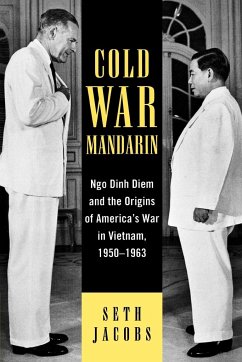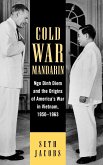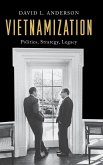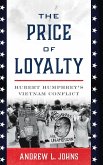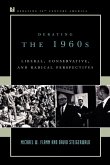For almost a decade, the tyrannical Ngo Dinh Diem governed South Vietnam as a one-party police state while the U.S. financed his tyranny. In this new book, Seth Jacobs traces the history of American support for Diem from his first appearance in Washington as a penniless expatriate in 1950 to his murder by South Vietnamese soldiers on the outskirts of Saigon in 1963. Drawing on recent scholarship and newly available primary sources, Cold War Mandarin explores how Diem became America's bastion against a communist South Vietnam, and why the Kennedy and Eisenhower administrations kept his regime afloat. Finally, Jacobs examines the brilliantly organized public-relations campaign by Saigon's Buddhists that persuaded Washington to collude in the overthrow-and assassination-of its longtime ally. In this clear and succinct analysis, Jacobs details the "Diem experiment," and makes it clear how America's policy of "sink or swim with Ngo Dinh Diem" ultimately drew the country into the longest war in its history.
Hinweis: Dieser Artikel kann nur an eine deutsche Lieferadresse ausgeliefert werden.
Hinweis: Dieser Artikel kann nur an eine deutsche Lieferadresse ausgeliefert werden.

